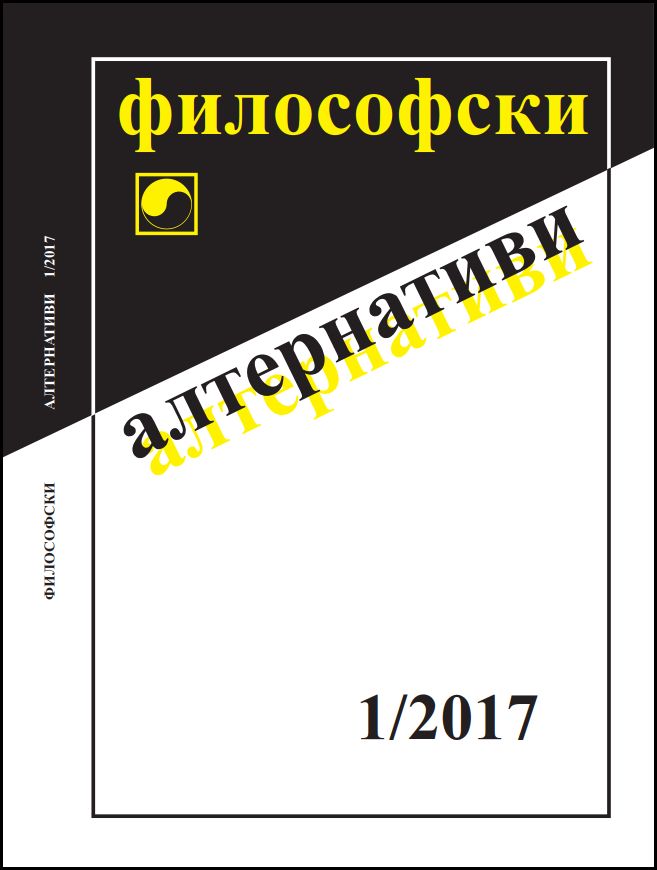Characteristica universalis: Лайбниц и Декарт
Characteristica Universalis: Leibniz and Descartes
Author(s): Kamen LozevSubject(s): History of Philosophy, Metaphysics, Logic, Renaissance Philosophy, Early Modern Philosophy
Published by: Институт по философия и социология при БАН
Keywords: characteristica universalis; alphabet of thought; Logica inventive, blind thought
Summary/Abstract: The paper discusses Leibniz’s project for a lingua universalis undertaken in his first period, 1666- 1679, when he was enthusiastic about the possibility of creating a universal language based on the “alphabet of human thought”, which he viewed as the “most important instrument for the perfection of the human mind”. The article analyzes the main issue confronted by the young Leibniz, i.e., the creation of a list of “primitive notions”, also discussed by Descartes in his letter to Mersenne from 20th November 1629. Leibniz’s response to the issues raised by Descartes is outlined together with how he resolved them by means of the theory of so-called “blind thought” (cogitatio caeca). The article concludes with a brief account of the influence these ideas in Leibniz’s work had on the 19th century pioneers of modern logic.
Journal: Философски алтернативи
- Issue Year: XXVI/2017
- Issue No: 1
- Page Range: 45-58
- Page Count: 14
- Language: English, Bulgarian
- Content File-PDF

